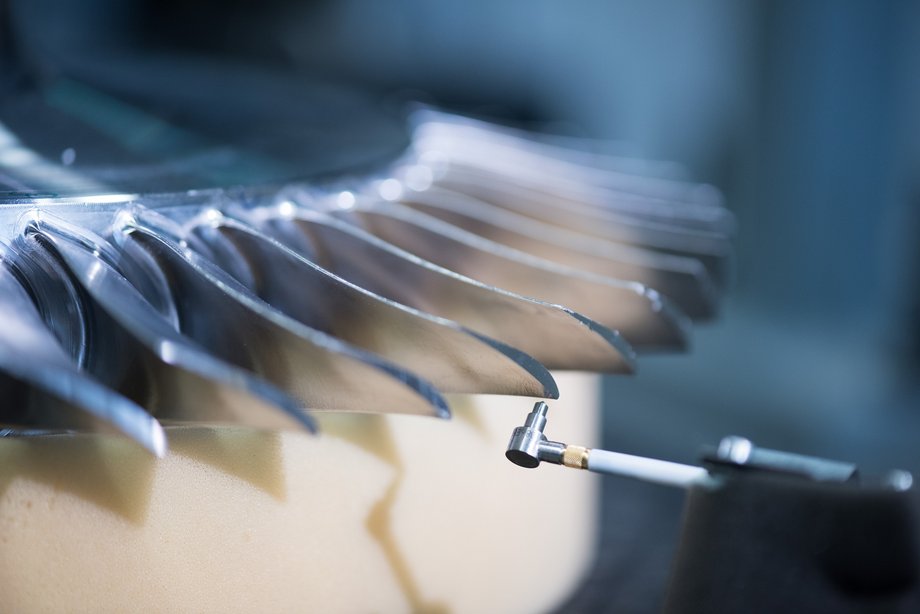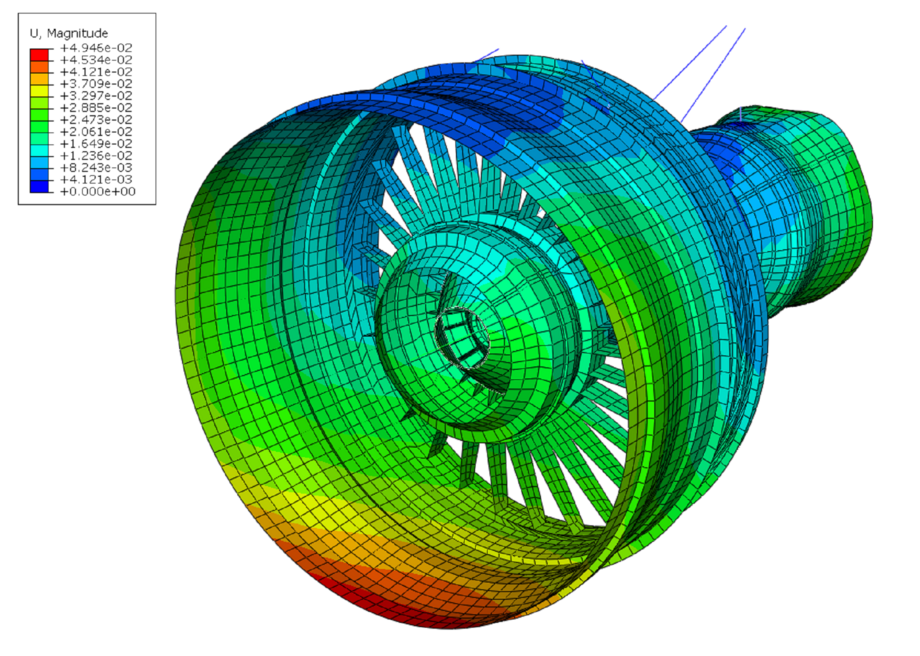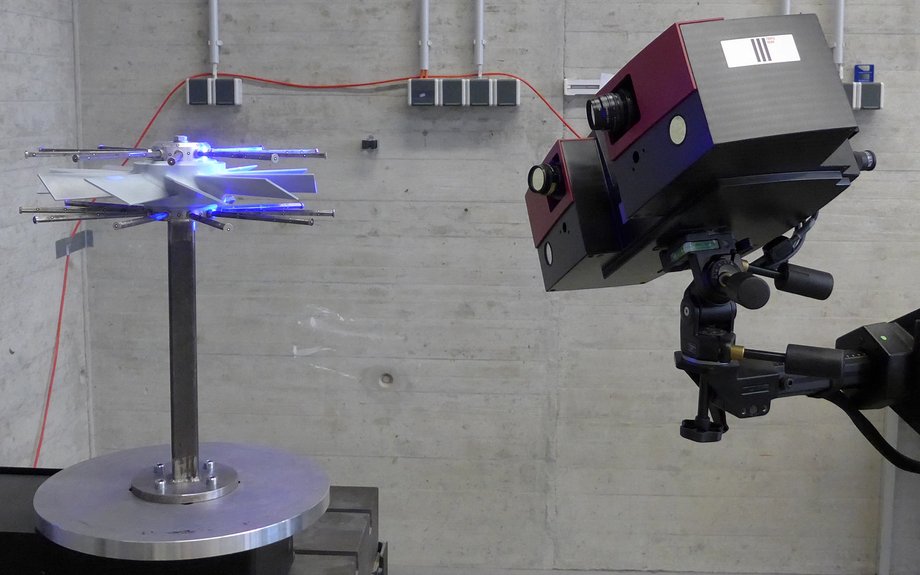Research Profile
The development of components and processes requires the handling of a wide range of mechanical issues. The understanding of the theoretical relationships and the mastery of the corresponding methods and tools allows the economic and technically meaningful solution of practical problems.
The interplay between theory, numerics and experiment is reflected in the Department of Structural Mechanics and Vehicle Vibrations, both in teaching and in research projects involving designs in the fields of aerospace engineering, mechanical and plant engineering, and vehicle and automotive engineering.
On the part of numerics, powerful tools are available in terms of hardware and software equipment. In addition to our own program codes - especially in the area of model adaptation and reduction - classical methods such as the finite element method (FEM) and computer-aided fluid mechanics (CFD) are used. The experimental side is covered, especially in the field of vibration measurements, on the basis of a laboratory equipped according to the industry standard. The main research topics can be outlined by the following key points:


Theory and numerics
- Experimental and numerical vibration analysis of lightweight structures
- Vibrations of blades and blade integrated disks with consideration of mistuning and aeroelastic interactions
- Model adjustments based on vibration measurements and real geometry acquisition (GOM)
- Finite element analysis and construction of reduced and/or adapted models
- Structure and topology optimization

Measuring and testing technology
- Identification and evaluation of vibrations in structures, vehicles and components, life cycle and operational strength considerations
The outlined core areas are covered by research projects as well as by courses, so that the student is specifically prepared for highly demanding activities in various industrial fields and the preparation of a possible doctorate. With the embedding of the subject area in the Institute of Transport Engineering, favourable conditions are given for interdisciplinary cooperation, for example with the fields of fluid mechanics or thermal machines as well as automotive engineering.
Equipment
- modern, efficient computer technology
- Various simulation software, especially FEM programs
- Laboratory with modern vibration measurement technology and evaluation software, laser scanning system
- special procedures: Modal, operational vibration, order and structure-borne sound analysis
For details see Equipment.
